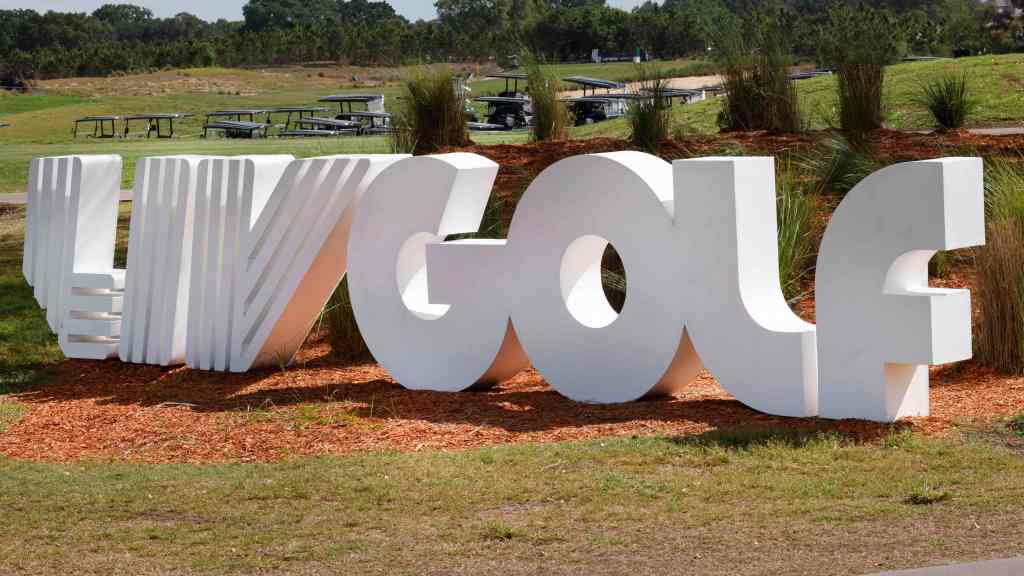After suffering a major setback via a United Kingdom arbitration panel on Thursday, the legal hits kept coming for LIV Golf on Friday, this time with regard to its antitrust lawsuit against the PGA Tour.
Judge Beth Labson Freeman ruled in the U.S. Northern District of California court that Saudi Arabia’s Public Investment Fund – the Kingdom’s sovereign wealth fund – as well as its governor Yasir Al-Rumayyan are both subject to discovery and depositions, a major blow to LIV’s legal team.
Last month U.S. Magistrate Judge Susan van Keulen ruled that PIF and Al-Rumayyan’s depositions could be conducted at a place of the Tour’s choosing in Riyadh, Saudi Arabia, but Freeman’s order overrules the previous decision made by van Keulen. The first deposition subpoenas served to PIF and Al-Rumayyan established a location in New York City.
LIV’s lawyers have appealed the decision to the United States Court of Appeals for the Ninth Circuit in order to delay the discovery process.
The original lawsuit was filed in August of 2022 by Phil Mickelson and went on to include 10 other players, but has since been taken over by LIV Golf, which is almost exclusively financed by the PIF (aside from its newly announced first global partner). The wealth fund, organized in 1971 as a means for the Saudi Arabian government to invest in various projects and companies, has been estimated to be worth over $650 billion.
The Tour then filed a countersuit against LIV. In February, the court ruled the Tour could add the PIF and Al-Rumayyan as defendants in its countersuit, dragging the financiers deeper into the judicial weeds.
So, what comes next? Antitrust cases involve not just investigating a company, but rather an entire industry. For that reason, the discovery process can be voluminous and exhausting, and the case – currently set for a Jan. 8, 2024 trial date – is just now entering the pre-trial discovery phase.
PIF and Al-Rumayyan could comply and provide depositions and documents, though LIV lawyers have previously claimed that taking part in depositions would violate Saudi Arabian law. If they were to comply, the ramifications could have adverse effects on the PIF’s other investments in the states. Does Al-Rumayyan want to answer questions about the PIF’s motives given that LIV Golf has long been criticized as a way for Saudi Arabia to sportswash its human rights record? It’s unlikely.
They could also refuse to comply by not submitting documents or…
..
Click Here to Read the Full Original Article at Golfweek…
